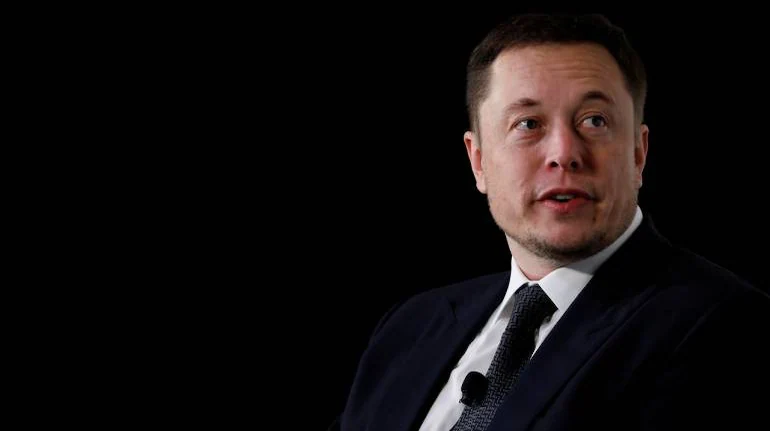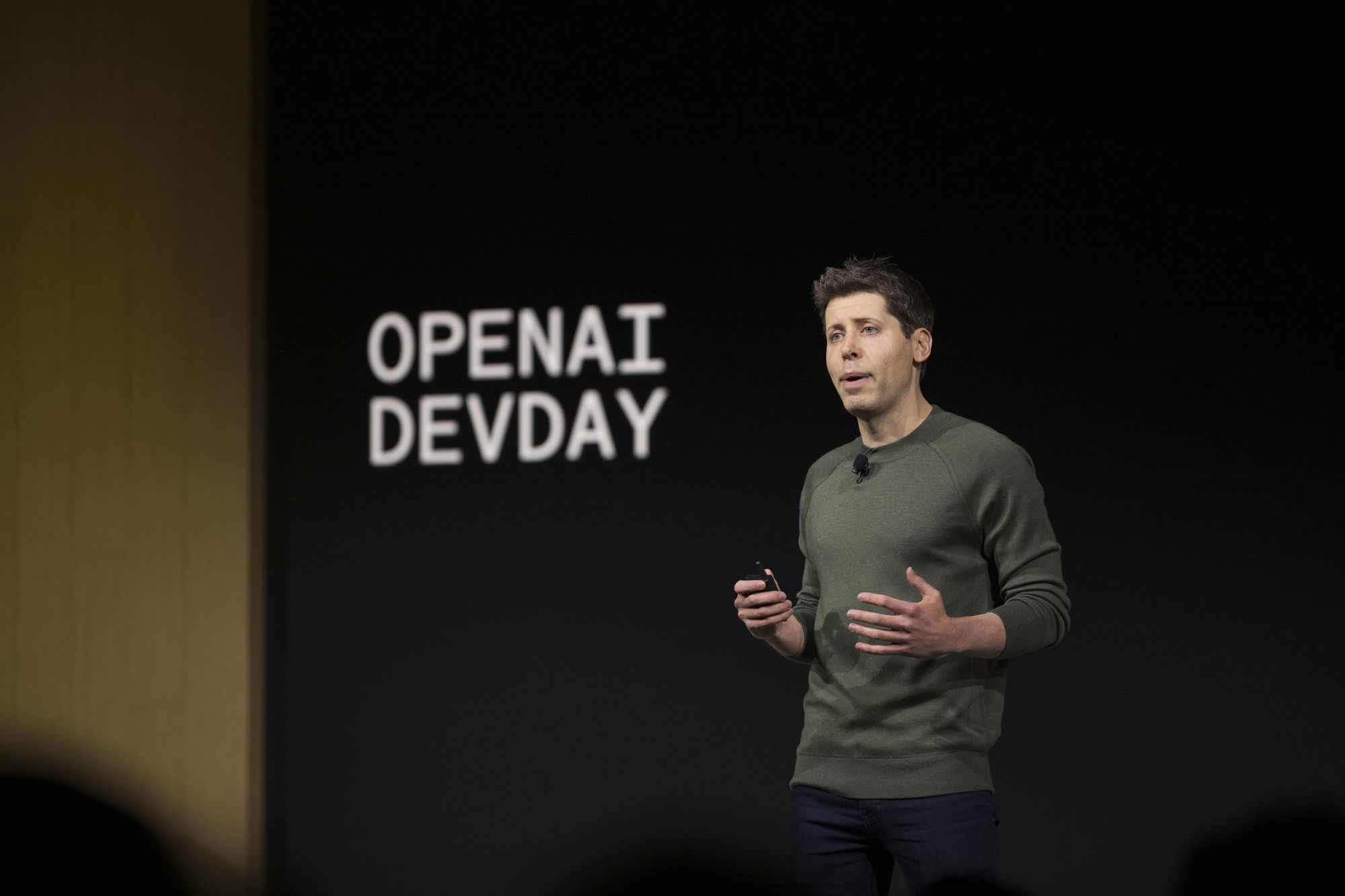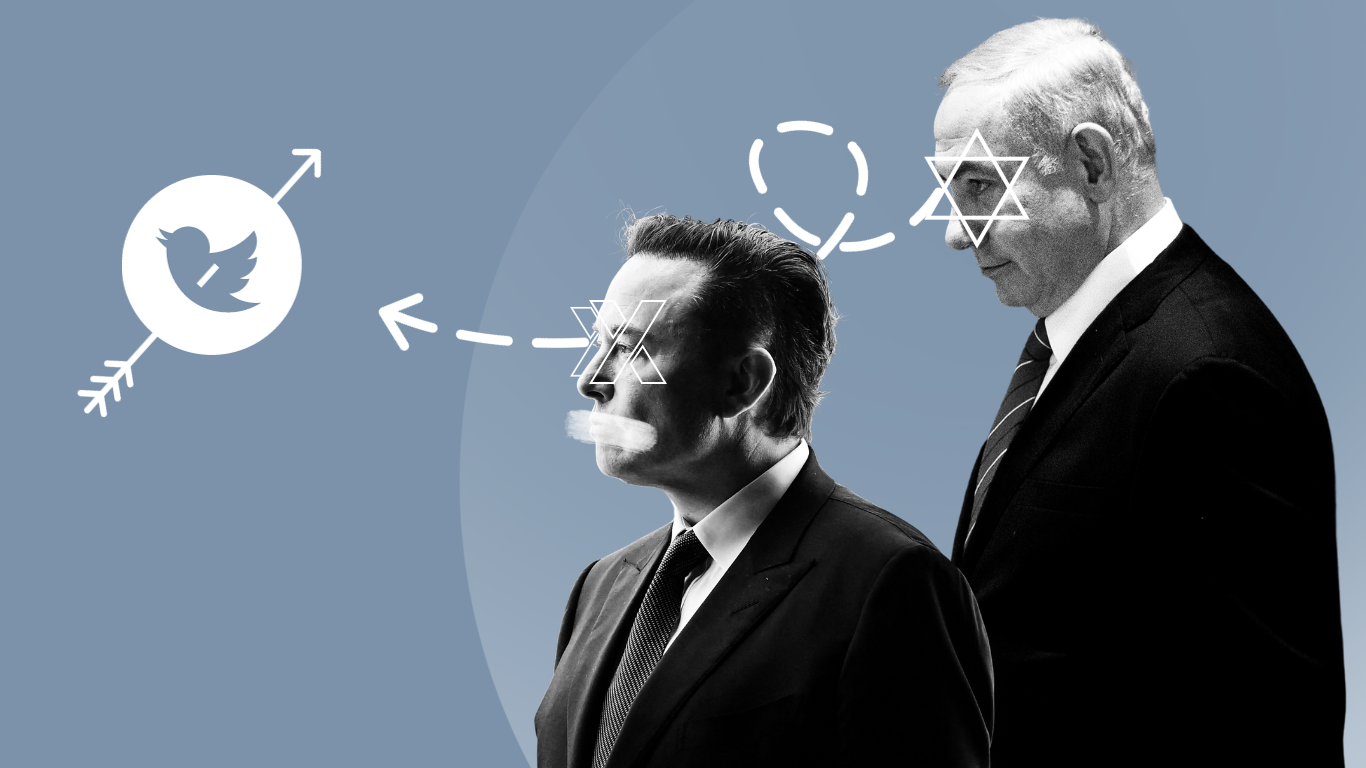Recently, Elon Musk, the CEO of SpaceX, announced the extension of his company’s Starlink satellite internet service to support connectivity for internationally recognized aid organizations operating in Gaza. However, this move has sparked a wave of controversy and faced strong opposition from Israel.
The Announcement
Musk’s announcement came as a surprise to many. Musk’s initiative aims to offer reliable internet access to humanitarian aid groups working in Gaza. This would enable more effective aid coordination and delivery who need it most.
Israel’s Response
Israel’s reaction to the announcement was swift and unequivocal. The Israeli government stated, “We will use ALL MEANS to FIGHT this!”. This strong opposition stems from concerns that the technology could be misused by groups within Gaza.
The Implications
The controversy surrounding this announcement highlights the complex and sensitive nature of international relations and humanitarian aid. It raises questions about the role of private companies in providing services in conflict zones, and the potential implications for national security.
While it remains to be seen how this situation will unfold, one thing is clear: Elon Musk’s Starlink initiative in Gaza has brought these issues into the global spotlight.




